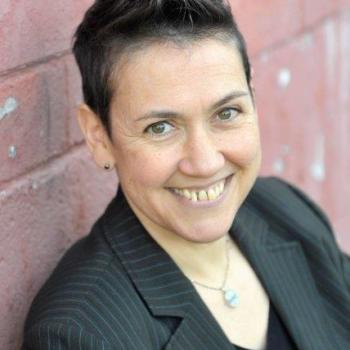Working Towards Health and Wellness: The Infinite Pathways of Recovery
Individuals, families and entire communities continue to struggle with substance use, mental health, and related challenges in the United States and many other countries. According to SAMHSA (2022), the majority of people with Substance Use Disorder and/or a Mental Health challenge in the US do not have equitable access to the services they need to enter and sustain recovery and wellness. While many are achieving recovery through traditional models like acute inpatient treatment, medication assisted recovery, and 12-step fellowships, there are far more who do not find what they need in these pathways. These models often don’t take into account people’s trauma histories, cultural and identity needs, and the limitations in accessing them. Yet millions of people are finding recovery outside of the traditional models. So how are they doing it?
We know people needing and/or seeking recovery are incredibly resilient and resourceful. In order to recover, many often rely on and tap into the many strengths, skills and abilities they have developed through lived experiences. The growing body of research in the US and abroad shows that there are infinite pathways and methods that support wellness, healing and recovery. This 90-minute workshop will focus on the Infinite Pathways in which individuals can access wellness, deal effectively with trauma, and find a combination of supports that is just right for them and honors their cultural identity and life experience. Participants in this workshop will learn about the countless threads within individual and collective cultures which can be drawn upon to support movement along the stages of recovery and wellness. Moreover, we will focus on the need to be recovery oriented, how to use a recovery rubric, such as Individual, Family and Community Recovery Capital, and how to help people explore their lived and living experiences as a way to support each other and discover the components necessary to meet individual needs, transcending challenges, eliminating barriers to recovery and expanding personal and community wellness in the process.
